At Camas High School (CHS), seniors can choose from more than 5 different government classes. These range from Advanced Placement (AP) courses such as AP Comparative Government and United States Government to grade-level civics and world issues classes. With almost a quarter of CHS’s student body being of voting age, it is essential that the government classes provide adequate education so that students can make informed political decisions.
In 85% of countries around the world, including the US, the legal voting age is 18. Many students are excited that they are finally able to have an impact on the country they live in. However, in the 2020 presidential election, only about 65% of the eligible population voted. It is vital that this next generation of voters is encouraged to vote and confident in their ability to make an impact.
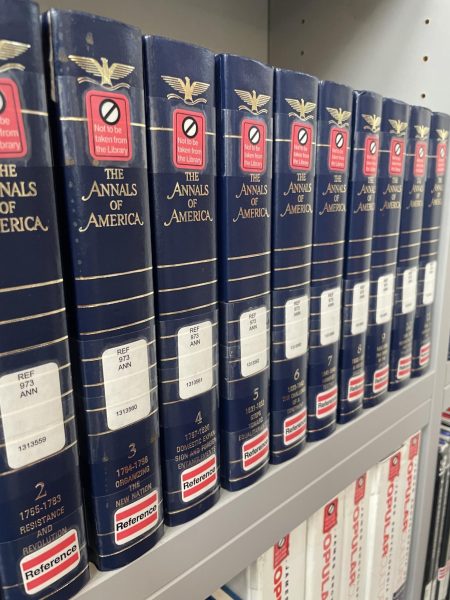
“Being able to vote is great. I feel like not only is my voice heard now, but it also encourages me to make informed decisions and be more up to date on current events,” senior Tyler Sutherland said.
Students feeling properly informed is incredibly important for their confidence in and desire for voting. Along with being informed, many students feel an obligation to contribute to their community and country.
“I’m excited- part of having as many rights as we do in this country is the obligation to vote for the people who are gonna put policies in place that might change those,” senior Owen Moscatelli said.
Obviously, there is a feeling of responsibility associated with turning 18 and being able to vote- and many students have varying opinions on whether 18 is the proper age for this responsibility to arise. Some countries even require voting, though the US is not included in those, which may relieve the pressure young voters feel.
“I don’t think I necessarily changed when I turned 18, but it took me a long time to inform myself [before that] and go beyond just hearing the opinions of my parents,” Sutherland said.
On the other hand, many people feel unprepared to make these impactful choices at such a young age.
“People who are 18 don’t always know what they’re talking about,” senior Vivienne Petracca said. “ I’m kinda scared [to vote]”.
She is not alone- compared to the overall 65% voter turnout mentioned above, only 50% of 18-21 year olds voted in the 2020 election, according to Tuft’s Center for Information & Research on Civic Learning and Engagement.
“I think it should be less about the age and more about how well informed the person is about their political decisions,” Moscatelli said.
Government and civics curricula in the US often center around structures of American democracy, especially in most of the AP government classes offered at CHS.
“[AP government classes] look at current events as kind of models and metaphors of what we’re studying but we look more at systems- how they have or have not worked and changes that are made over time,” AP Comparative Government and United States Government teacher Greg Plitt said. “One thing that we study is how your political views are formed- it’s really clear that your parents and your family is number one, and number two is your religion and/or cultural groups that you affiliate with”.
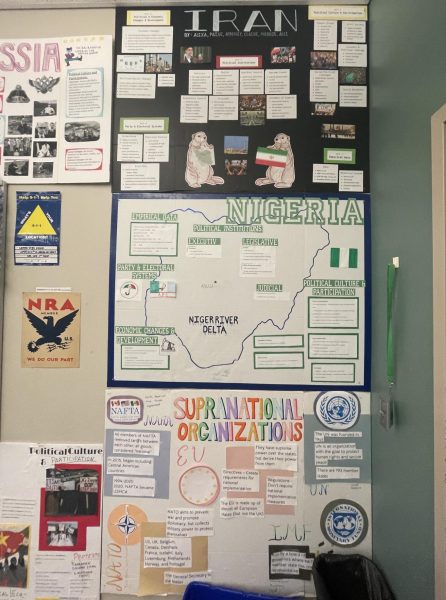
According to USHistory.org, other factors also impact political views, such as gender, race, ethnicity and region. More recently, celebrities and social media have begun to have an incredible influence on the younger generation’s political opinions.
“Social media is also massively affecting our students and their views and how they think and where they get their politics,” Plitt said.
Taylor Swift’s 2023 Instagram post encouraging her 273 million followers to vote resulted in a spike of 35,000 newly registered voters, according to the Suffolk Journal. With this much power at the fingertips of popular celebrities and their viral posts, it is more important now than ever that students are being critical about the political information they get on social media. While Swift’s post had a positive impact, there are countless ways in which social media influencers could have drastic impacts on voter bias, whether positive or negative.
Overall, it is becoming increasingly vital that government classes properly prepare young people for being responsible, informed voters. There are so many factors that influence voter preparedness, and education has the power to provide the next generation of voters with the proper tools to vote responsibly.
















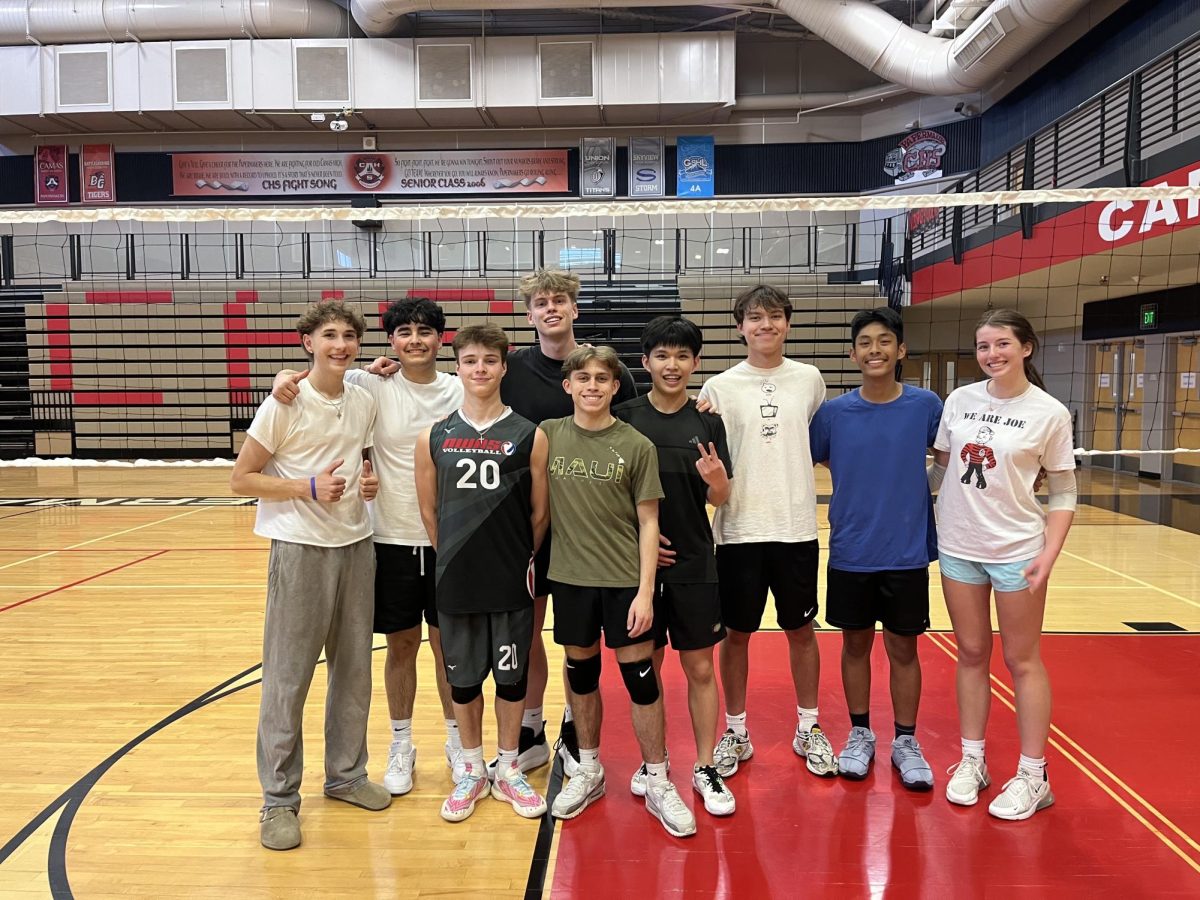
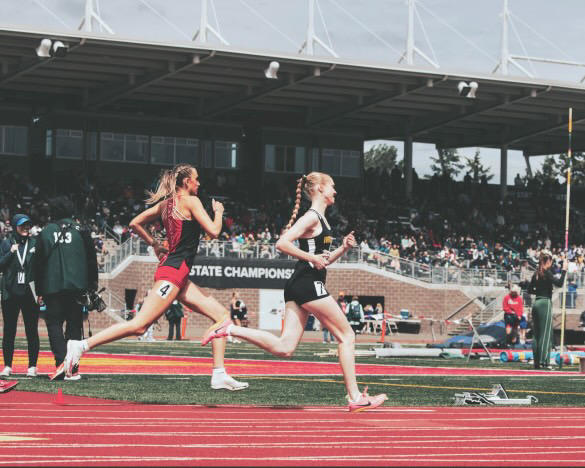
















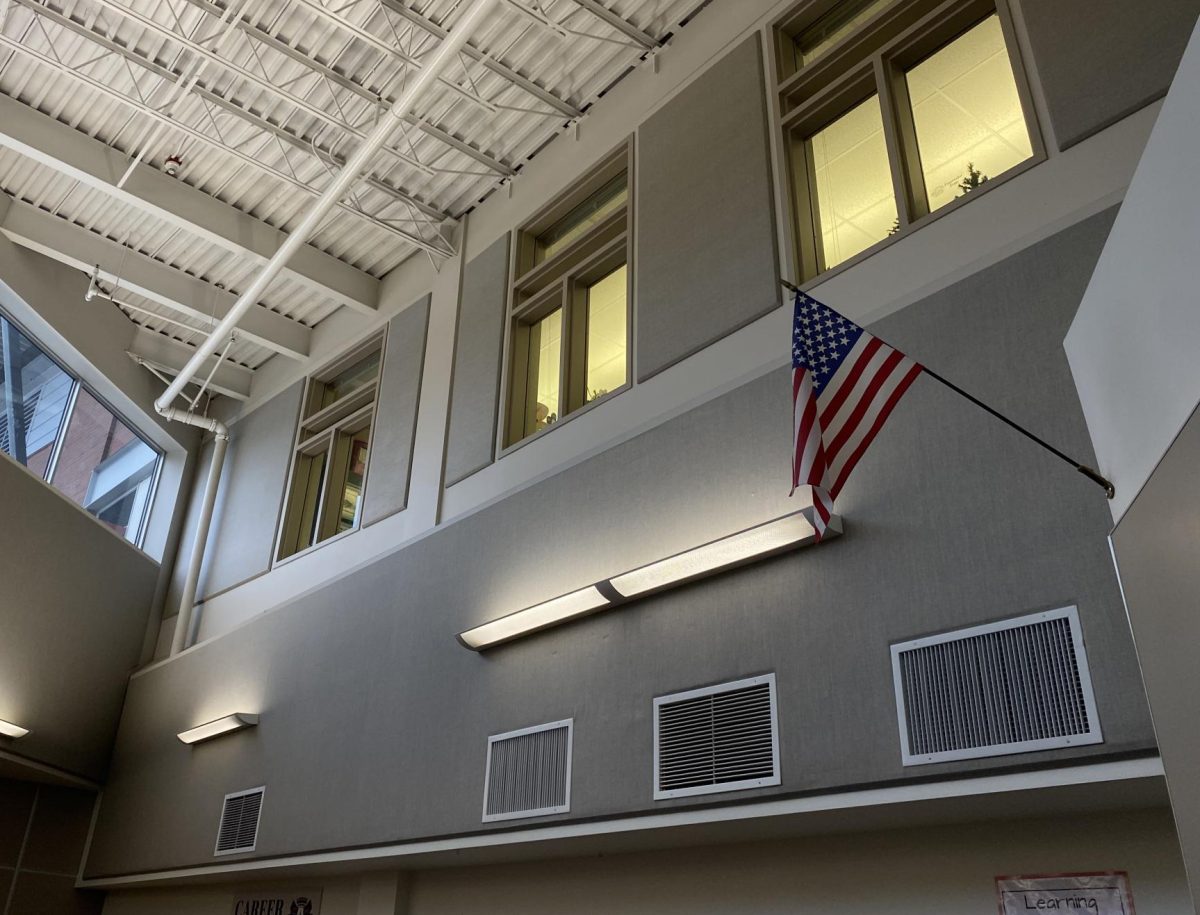
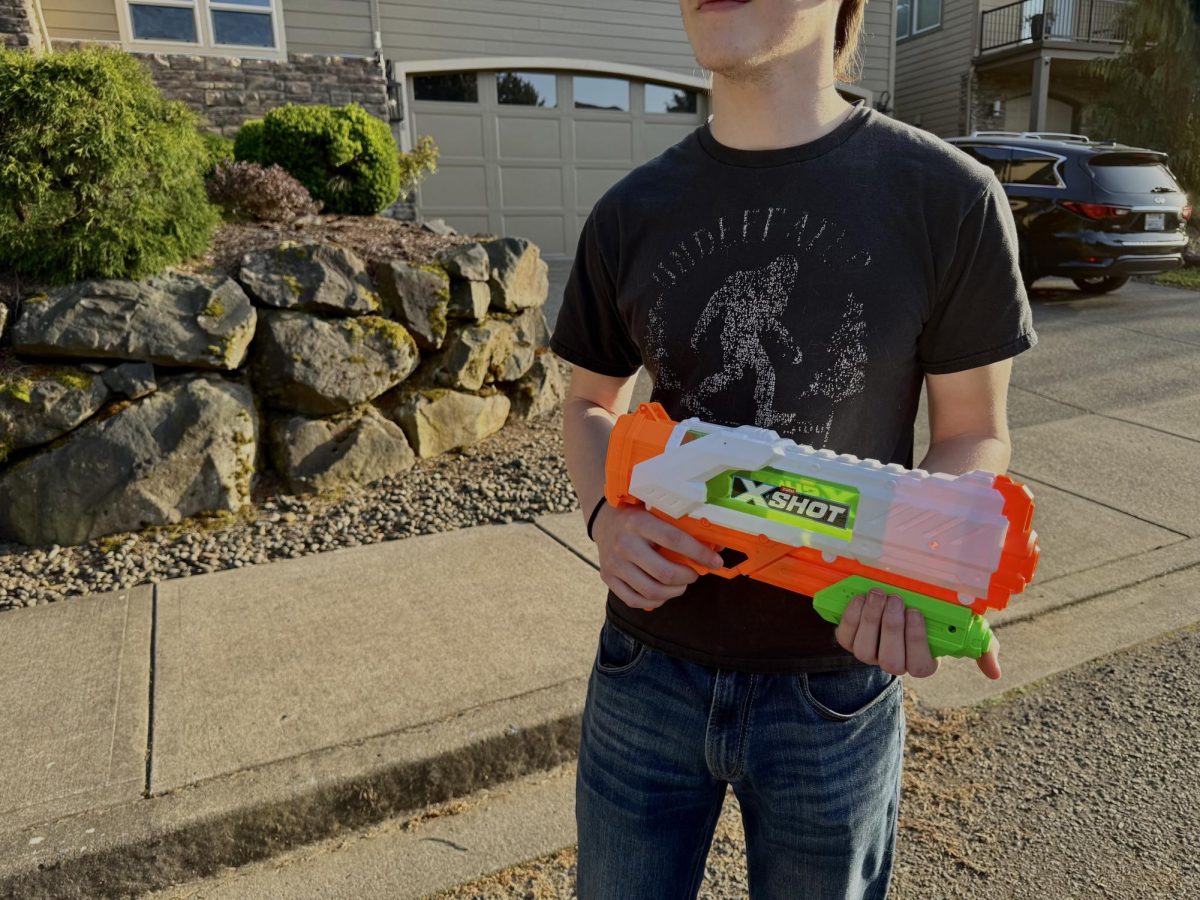

Brian Nelson • Mar 1, 2024 at 8:22 PM
Excellent article. We need more young people voting and in office. New ideas needed!